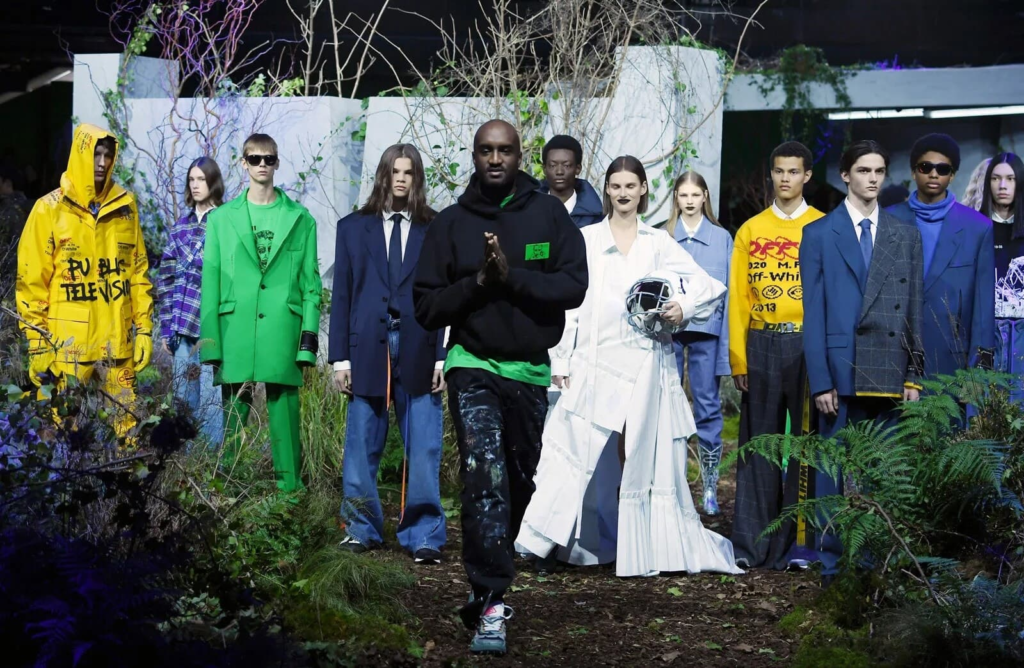Let’s be real — Black history is more than a timeline of events; it’s a testament to resilience, innovation, and creativity that spans generations. When we think about the essence of creativity in art, fashion, music, and culture, Black history is the bedrock upon which many of today’s most influential ideas are built. From the vibrant rhythms of jazz to the bold designs seen in the fashion world today, Black creatives have continuously pushed the boundaries, often in the face of adversity.
A Colored Legacy of Innovation
Black creators have a long history of turning challenges into opportunities. Take the Harlem Renaissance, for example. This period not only gave birth to a cultural revolution but also cemented the importance of Black voices in art, literature, and music. Icons like Langston Hughes (Poet and Social Activist) and Zora Neale Hurston (Writer and Anthropologist) used their creative talents to express the Black experience, laying the groundwork for future generations. Their works weren’t just about survival—they were about thriving and being unapologetically authentic.

Langston Hughes and Zora Neale Hurston
It’s no secret that Black history is intertwined with resilience. From the days of the transatlantic slave trade to the civil rights movements, the Black community has had to innovate just to survive. But here’s where the magic happens—out of that struggle, creativity bloomed. Think of jazz, hip hop, fashion, poetry, and the groundbreaking inventions that transformed industries. It was never just about surviving; it was about thriving, creating something beautiful out of necessity. That’s the kind of energy that continues to push creativity forward today.
Fast-forward to today, and that spirit of innovation still fuels creativity. From fashion designers who challenge the status quo to musicians who blend traditional African sounds with contemporary genres, Black creators are constantly re-imagining the world. Creativity, for many in the Black community, has been a form of rebellion—a way to assert identity and claim space in industries that have often been exclusionary.
The History of Creativity as Diplomatic Resistance
For Black creators, art and innovation often serve as forms of resistance. Whether it’s in photography, literature, or music, the work of Black creatives is frequently tied to social and political movements. Think about how Black fashion designers like Virgil Abloh infused elements of street culture and Black identity into high fashion before his death, challenging traditional norms and redefining what luxury means.This isn’t just a modern phenomenon. The traditions of quilting, hair braiding, and storytelling, passed down from African ancestors, were not only artistic expressions but also coded messages and symbols of survival. These traditions have evolved, but their roots remain deep, shaping contemporary Black art in profound ways.

Virgil Abloh @ Louis Vuiton Showcase
Black history fuels creativity because it embodies both struggle and triumph. Even as we look to the modern world of today, we see that Black creators are still leading revolutions in film, technology, and design. The creativity born from this history isn’t just about aesthetics—it’s about creating change, pushing boundaries, and redefining what’s possible.
As we celebrate Black History Month in the UK, it’s important to recognize how these creative contributions continue to shape our world.
Every piece of art, every design, and every song carries with it a story that goes beyond the surface, rooted in a history of resilience and brilliance.
Now, let’s tie this back to the major reason why we are writing this…
Scaling your business!.

Creativity and Business: Two Sides of the Same Coin
If history has taught us anything, it’s that creativity isn’t a luxury; it’s a necessity. Whether you’re crafting a new product or service or creating a marketing strategy, the lessons of Black history teach us that innovation comes from embracing your roots and using them to revolutionize the future. In business, this might mean looking at the unique experiences that shape your entrepreneurial journey and using them to fuel fresh ideas.
Trust us, Black history has no shortage of revolutionary thinkers who have done just that.
As we reflect on Black history, let’s not just celebrate the past—let’s use it as a source of inspiration for the future. Whether you’re an Artist, Entrepreneur, or just a woman with a dream, remember that you’re part of a long line of creative thinkers who’ve transformed challenges into opportunities.
So the next time you hit a roadblock, take a page from Black history and revolutionize the game.



